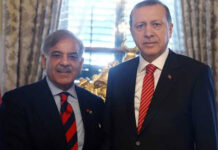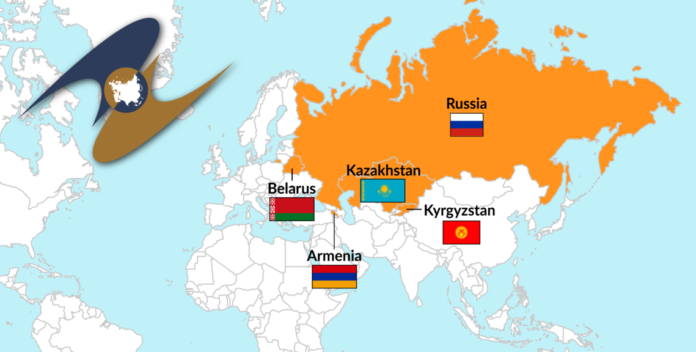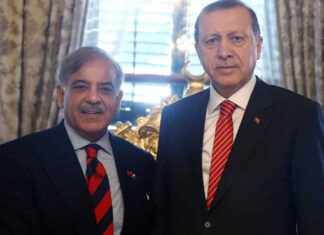ISLAMABAD: The Commerce Ministers of Pakistan and Afghanistan, alongside the Deputy Prime Minister of Uzbekistan, co-chaired a trilateral meeting. The focus of the meeting was to enhance economic ties, regional cooperation, and connectivity, aiming to simplify customs procedures and break down trade barriers for smoother cross-border trade.
Investment prospects across various sectors were explored, fostering opportunities for joint ventures, public-private partnerships, and increased foreign direct investment. The discussions highlighted the importance of improved transportation networks and infrastructure development to facilitate the movement of goods seamlessly.
Dr. Gohar Ejaz, Pakistan’s commerce minister, emphasized the potential for stimulating economic growth in all three countries through leveraging their strengths and resources. “Trilateral cooperation is expected to tap into new markets and expand economies, marking a crucial step toward a prosperous and integrated region,” said Dr. Ejaz.
According to him, the trilateral meeting lays the foundation for increased trade, investment, and connectivity, promising mutual benefits for Pakistan, Afghanistan, and Uzbekistan.
Simultaneously, the 4th Session of the Kyrgyz-Pakistan Inter-Governmental Commission (IGC) was held. The session was centered around trade, economic, scientific and technical cooperation as a means to strengthen bilateral ties. Led by Mr. Muhammad Ali, the Federal Minister for Energy (Power Division) of Pakistan, the delegation included senior officials from key ministries.
Co-chaired by energy minister of Pakistan, Muhammad Ali and Mr. Baisalov Edil Zholdubaevich, the Deputy Chairman of the Cabinet of Ministers of the Kyrgyz Republic, the session underscored the Kyrgyz Republic’s interest in utilizing Pakistani seaports for the shortest access to Central Asian countries and the Eurasian Economic Union.
Minister Muhammad Ali emphasized historical and cultural bonds, expressing readiness for an active dialogue to deepen mutual cooperation. Discussions included collaboration in the energy sector, with a focus on the CASA-1000 regional project. The minister advocated for a robust plan of action to address trade barriers, including ongoing talks for a Transit Trade Agreement (TTA).
Delegates engaged in discussions aimed at enhancing regional connectivity between Central Asia and South Asia, emphasizing the advancement of rail, road, and air links. The meeting illustrated shared goals for enduring stability, peace, and prosperity in the region.























